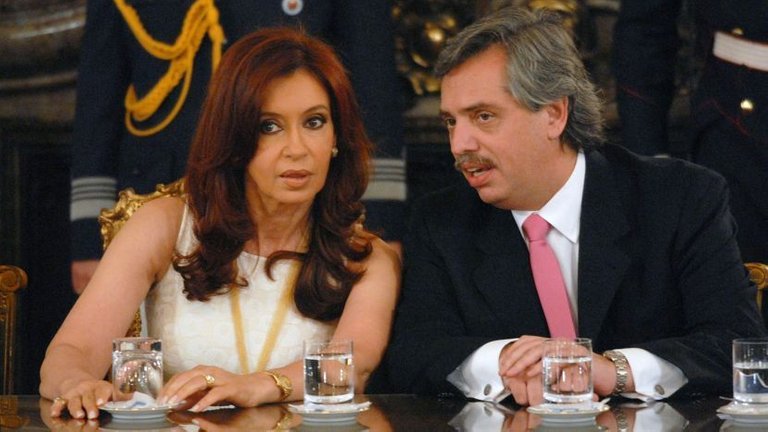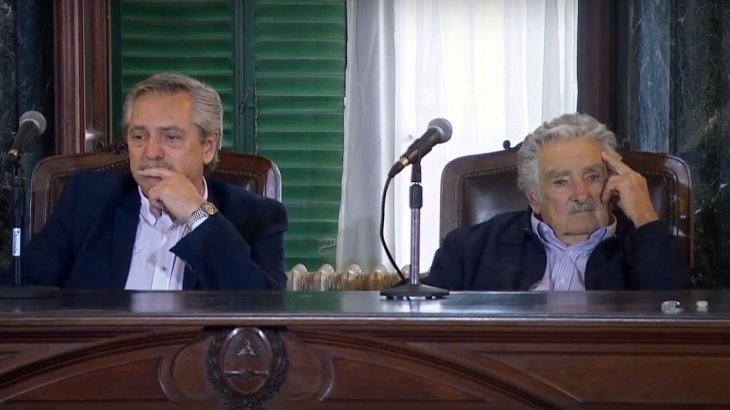Alberto Fernández is the new president of Argentina. Mauricio Macri admitted his defeat, wide (48% versus 40.5%) but not as severe as the polls predicted, and invited his successor to a breakfast this Monday to organize the six weeks of transition remaining until December 10 . Fernandez warned the Peronist crowd that celebrated the victory over the hardness of the task he will face. "Hard times are coming," he said, after promising that he would rule "for the people, for everyone." Macri, in turn, congratulated the winner and offered cooperation.

The election result was as balsamic as it could be. Alberto Fernández defeated, but it did not destroy, which allowed the macrismo to become a strong opposition. Also the behavior of Macri and Fernández was balsamic. Unlike the rough relief of four years ago, in which Cristina Fernández de Kirchner refused to hand over the presidential symbols to Mauricio Macri, this time the two rivals put aside their mutual antipathy and declared themselves willing to work together. Both were aware that Argentina's economic situation is at a critical point. And that in the coming days could reproduce the financial turbulence that followed the Peronist victory in the August primaries.

The elected vice president Cristina Fernández de Kirchner, an essential figure to understand the polarization of the country, voted in her Patagonian fief of Río Gallegos and then flew to Buenos Aires. The election day coincided with the ninth anniversary of the death of her husband, Néstor Kirchner, the president who from 2003 managed to get Argentina out of the morass in which the country had fallen after the economic collapse of 2001 and 2002. The former president, charged in multiple summaries for corruption, did not talk about the anniversary. Yes he did, excitedly, Alberto Fernández, who was Chief of Staff of Nestor Kirchner: "I love him very much and he always is," he said.
In the capital of the country, the macrista Horacio Rodríguez Larreta beat the Peronist Matías Lammens already in the first round. In the province of Buenos Aires, the richest and most populated in the country, the situation was the opposite: the Peronist Axel Kicillof, former Minister of Economy with Cristina Fernández de Kirchner, loosely imposed on the current macrista governor, María Eugenia Vidal.

What I see as one of the main political problems in Argentina is populism. Lot of politicians, as Kirchner making bad promises, aspiring to reduce freedom and increase state power and corruption.